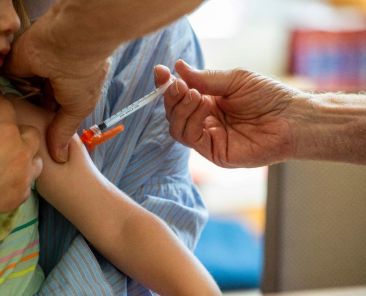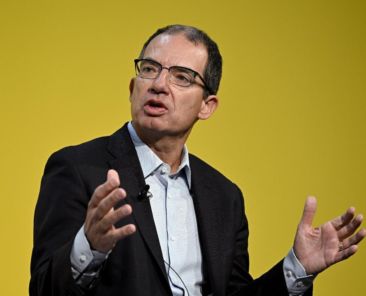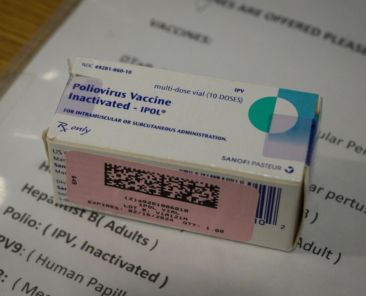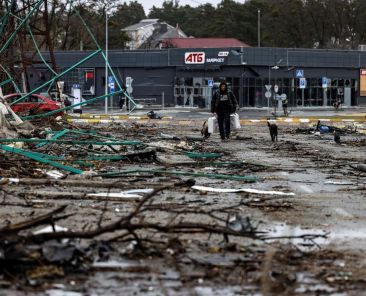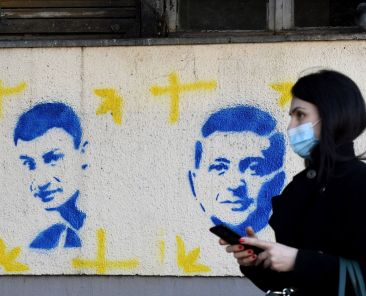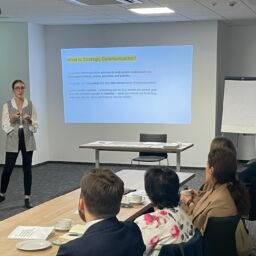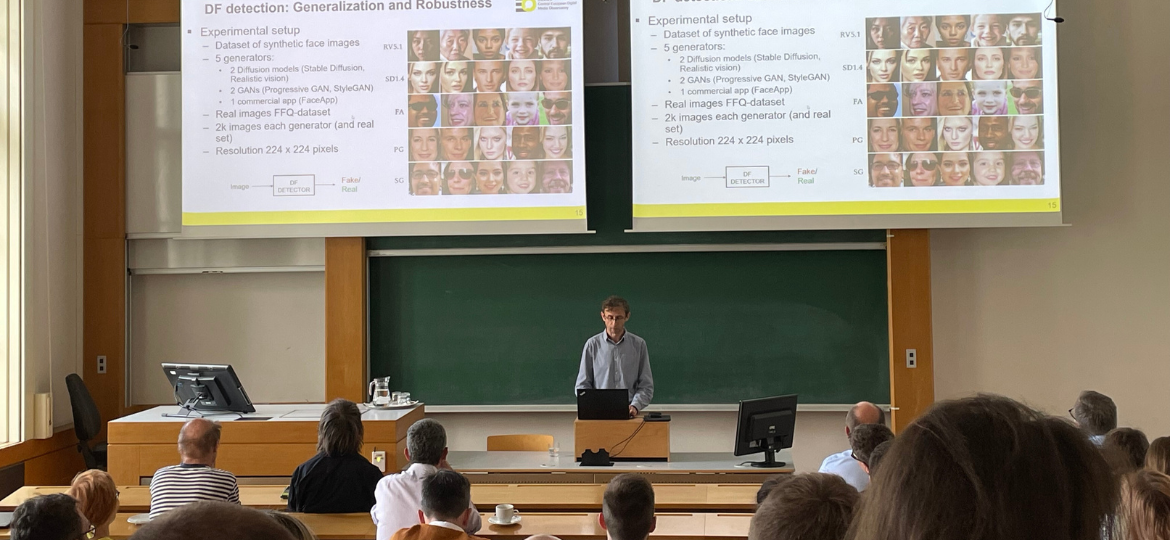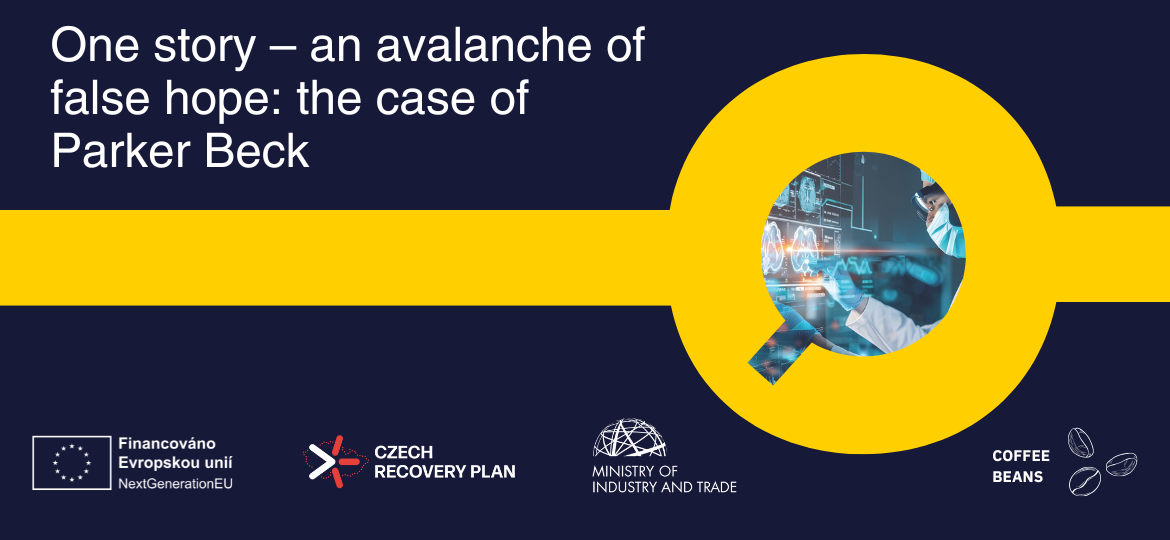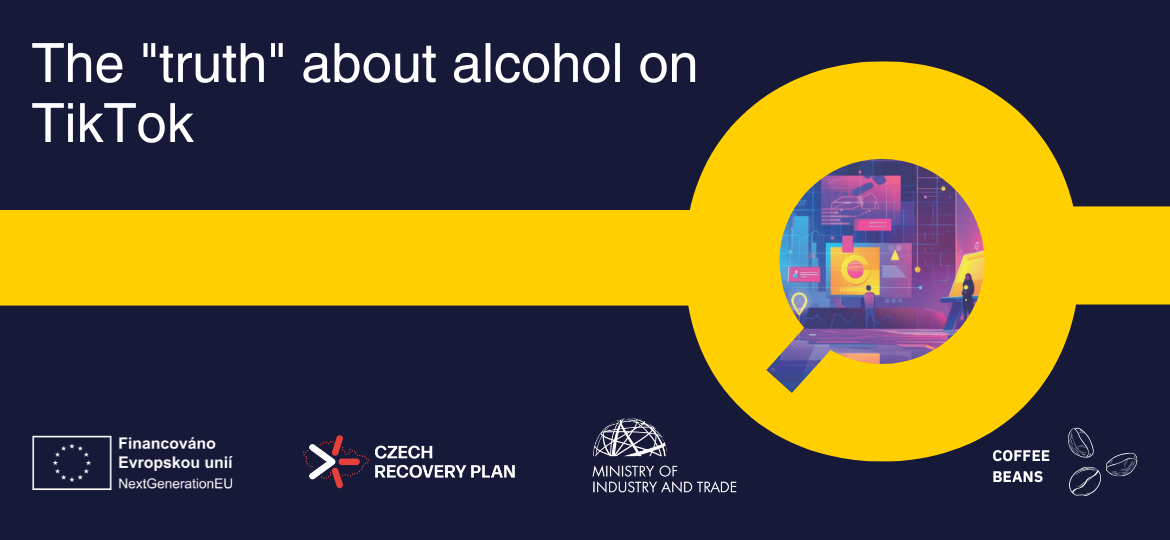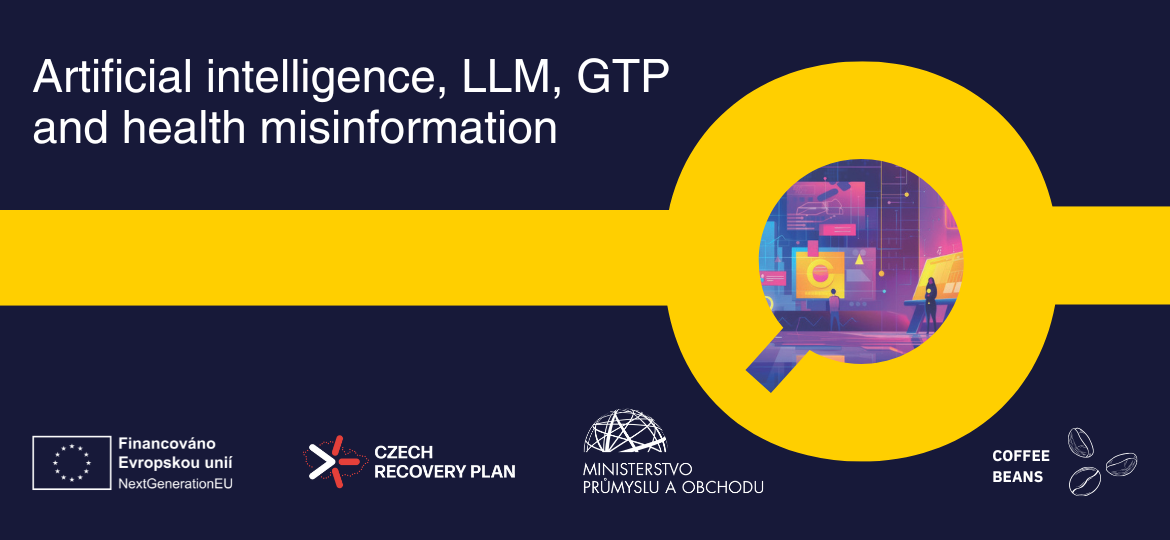About CEDMO
The Central European Digital Media Observatory (CEDMO), as an independent non-partisan multidisciplinary hub, aims to identify, research and prioritise the most critical sources and causes of information disorders in Central Europe (mainly the Czech Republic, Slovakia and Poland). This international consortium was created to propose a set of short and longer-term actions, as well as recommendations to help civil society, public institutions and the private sector respond to the declining trust in key institutions and help society to resist the effect of increasing exposure to mis- and disinformation.
By interacting and coordinating with European Digital Media Observatory (EDMO) and other regional EDMO hubs in EU, CEDMO will contribute to curbing threats posed by information disorders, including disenchantment with the democratic processes, and discord in civil society in Europe, and to building community and nation-wide resilience while protecting information ecosystems.
About CEDMO
The Central European Digital Media Observatory (CEDMO), as an independent non-partisan multidisciplinary hub, aims to identify, research and prioritise the most critical sources and causes of information disorders in Central Europe (mainly the Czech Republic, Slovakia and Poland). This international consortium was created to propose a set of short and longer-term actions, as well as recommendations to help civil society, public institutions and the private sector respond to the declining trust in key institutions and help society to resist the effect of increasing exposure to mis- and disinformation.
Our Partners
About CEDMO
The Central European Digital Media Observatory (CEDMO), as an independent non-partisan multidisciplinary hub, aims to identify, research and prioritise the most critical sources and causes of information disorders in Central Europe (mainly the Czech Republic, Slovakia and Poland). This international consortium was created to propose a set of short and longer-term actions, as well as recommendations to help civil society, public institutions and the private sector respond to the declining trust in key institutions and help society to resist the effect of increasing exposure to mis- and disinformation.
Our Partners
“As an experienced emergency physician, I want to remind the public that athletes being incapacitated or dropping dead was not a ‘thing’ prior to 2020,” said Simone Gold, founder of America’s Frontline Doctors, a group that has previously promoted Covid-19 misinformation, in a January 3, 2023 tweet.
“In Pfizer’s own document. Trying to knock down the population…. Well they are doing it. Someone tell Celine Dion because you know the doctors will deny it has anything to do with medication’s or vaccines even if it’s on their list of side effects,” says a December 10, 2022 Instagram post.
“Evidence Suggests the COVID Shots Are Responsible for Soaring RSV Cases Throughout the U.S. & Canada,” says a November 3, 2022 Instagram post.
“When they tell you who they are, believe them,” says text over a video posted August 12, 2024 on TikTok.
“Netflix just donated $7 million to Kamala, BYE BYE Netflix! Cancel your subscription today,” said an August 2, 2024 Facebook post.
“Trump fell asleep at the RNC. On the first night. He just got there,” says a July 15, 2024 post on X.
“URGENT — Moderna CEO Stephane Bancel Admits Company Produced 100,000 COVID-19 Vaccine Doses In 2019 Before The Pandemic Started,” says James Cintolo, a Boston-based nurse who has previously spread vaccine misinformation, in a February 7, 2023 tweet.
“Polio stopped when they stopped dousing the population woth DDT not some injection,” said a misspelled Instagram post on January 22, 2023.
In a Facebook video shared January 16, 2023, Mike Adams instructs viewers to “take a standard nebulizer” and inhale hydrogen peroxide and a small amount of iodine.
“CNN put a Salafi Jihadist’s gender pronouns on the screen,” says a December 9, 2024 post on X.
Posts stating dams were intentionally removed or opened to intensify the floods in Spain spread on X, after the extreme rainfalls, which caused widespread destruction, and claimed more than 220 lives in eastern and southern Spain.
“JUST IN: Italy begins dumping migrants at the door of the Vatican City after Pope Francis said it is a ‘sin’ to ‘reject migrants,'” says a November 20, 2024 X post from an account claiming to share satirical content, calling itself the US Ministry of Truth.
On April 3 the Russian defence ministry shared on its Telegram feed — which has nearly 200,000 followers — a 21-second video of the scene alongside a comment that it was “fake”.





















